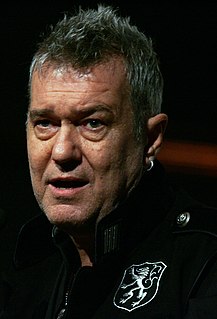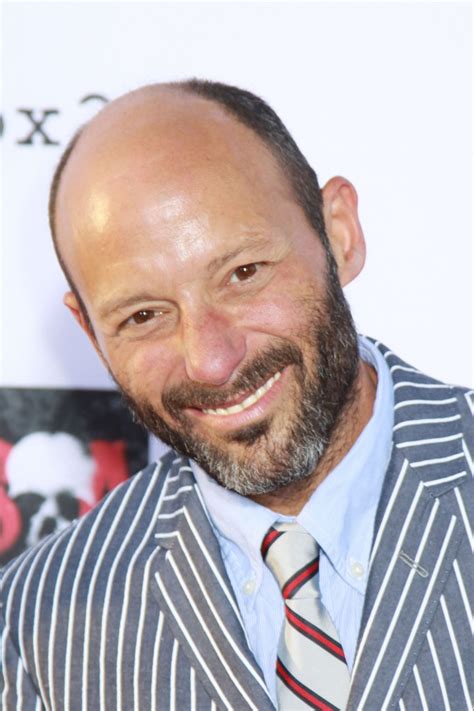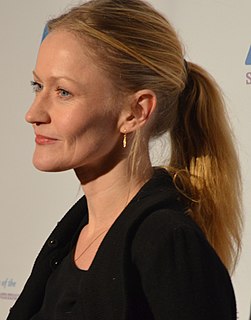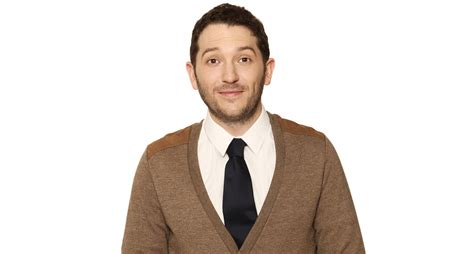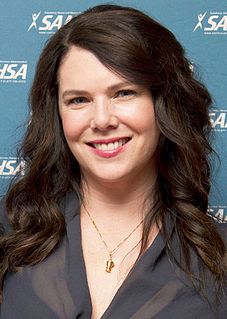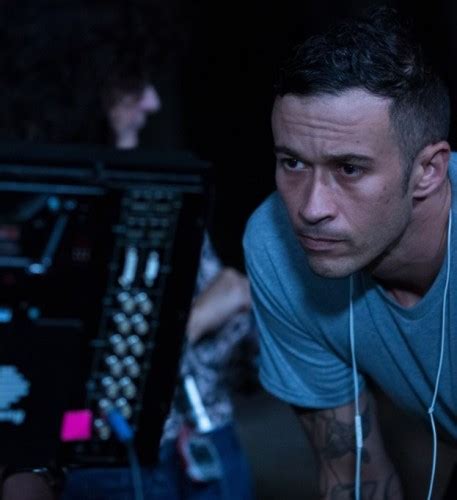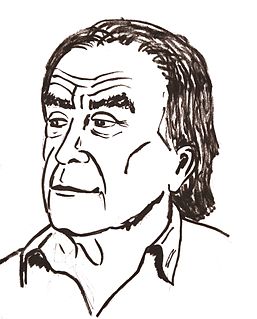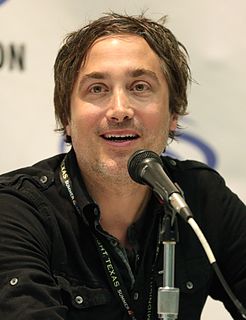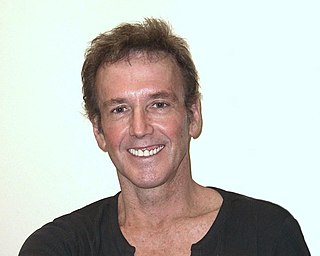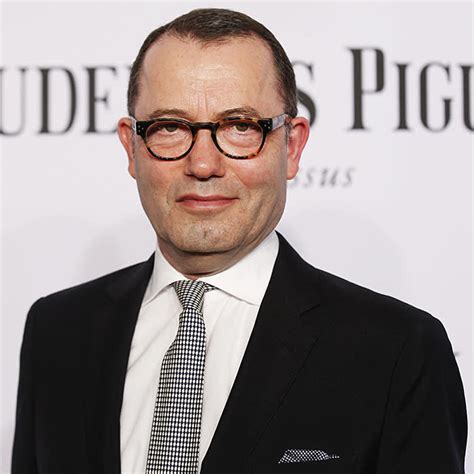A Quote by Jimmy Barnes
There's something about the energy and the expectations that an audience projects at you. I get up on stage and work and work, and there's chaos all around me, then I'll shut my eyes, and boom! I slot into the zone. It's like the eye of the hurricane. Everything is easy, and I'm capable of doing things I didn't know I was.
Related Quotes
The stage is that immediate rush of energy you get from the audience. Also, doing something in chronology - something that starts and finishes the same night. In television, you work toward the one scene, you shoot it, and then you have to forget about it because you have to worry about the next scene.
It's getting harder to make decisions to work for the sake of working. Like everybody, I'm trying to find things that are extremely challenging or mean something to me deeply. Sometimes something like The Tourist comes up and it's just fun, but it's not as easy to find projects that I have to do. I have to be home and I have to do other things, but I don't have to work as much.
I like confounding expectations. I can expand what it is I am able to do, and hopefully get to do more weird, interesting projects like this. There's nothing wrong with doing comedies, and I'm not against comedies, either, but I always want to do stuff that keeps me off my guard and gets me out of my comfort zone. And how the audience perceives that... It's out of my hands. And I don't get that frustrated by it, because I'm on to the next thing at that point.
I can feel how an audience is reacting when I'm on a stage, but when you are on stage, your perception is distorted. That's something you just have to know. It's like pilots that fly at high Gs and they lose, sometimes, consciousness and hand/eye coordination and they just have to know that that's going to happen. They have to be trained to not try to do too much while they are doing that. So when you are on stage, you have to be aware that you are wrong about how it feels a lot of times.
You want people to think. You want people to be emotionally moved. And there's a theory behind that in terms of storytelling. It has been around for thousands of years. And that's where something like live theater or a live performance is something that is very valuable because you get instant feedback from your audience and you kind of know the things that work and the things that don't work.
My biggest goal was - I thought, God, if I could just be a rep company member at the Arena Stage in Washington, D. C. and get to play a bunch of parts in a year! And now in my work everything is about promoting it. It's not about the doing of it! Everything is: You have to sell it, and they ask you to tweet about it or do photo shoots, even for the smallest job. There's an imbalance in terms of what is actually gratifying. The stuff that is gratifying is, like I said, the day of work and the doing of it.
Part of why I wanted to produce was because I wanted the opportunity to work on projects I want to see. As a writer and as a director, I'm very specific about the kinds of things that I want to do. The opportunity that producing has given me is that by working with different writers and trying to get their movies made, or developing their script, or making their movies, every time I'm doing it, I'm learning and then bringing something to my own work. I like to think that there's a little bit of back and forth that goes on.
I'd love to work on something that gets some type of critical respect. This business is sometimes so brutal - you work on something for months and really feel like the project is good and you're doing the best work you can, and then it just gets hammered by critics. It's such a bummer sometimes, because everything seems to build up to the release and a couple of bad reviews can make it seem like it was all a waste, which you know it wasn't.
